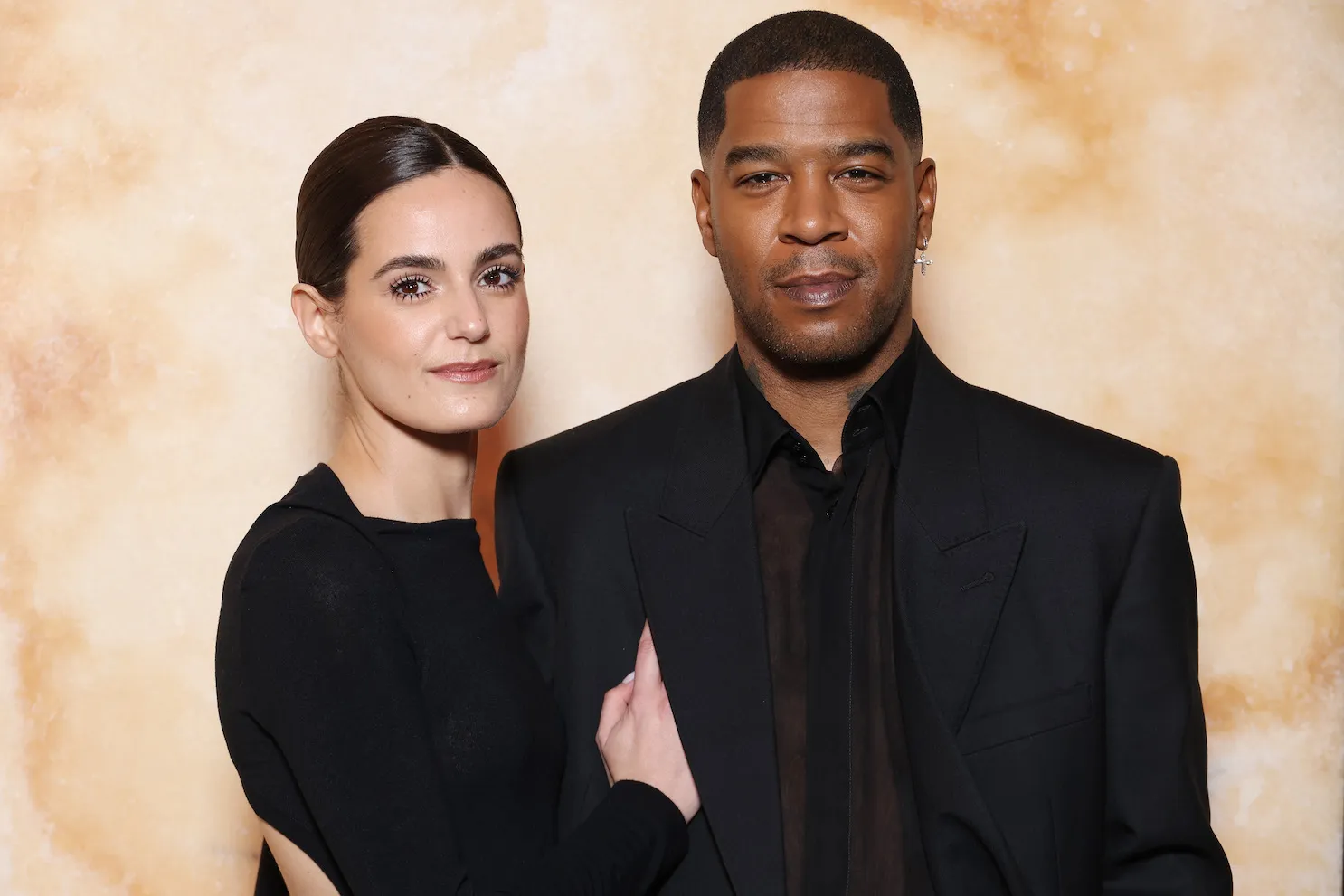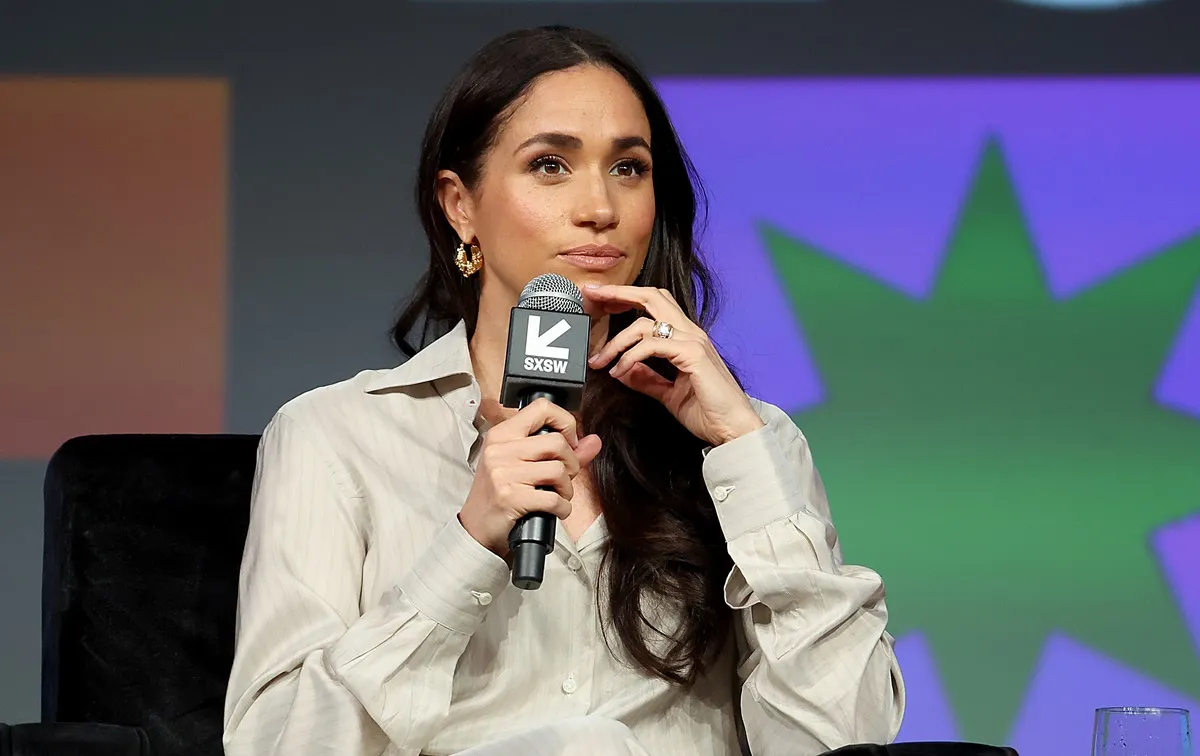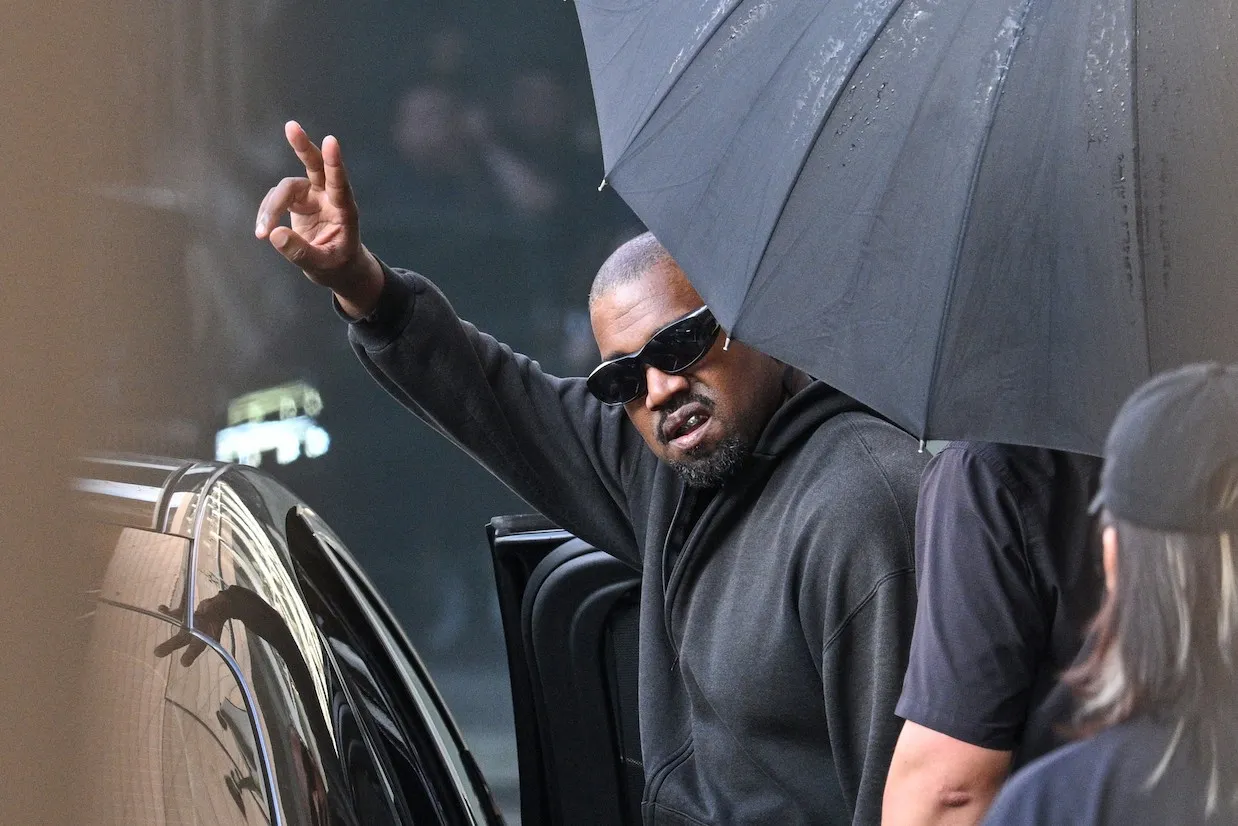‘The Andy Griffith Show’ Let Ron Howard Gives Edits to Lines Because It Was ‘Damn Good’
Long before he became an Academy Award-winning movie director, Ron Howard got his start as a six-year-old child actor on the set of The Andy Griffith Show. And while it would be decades before he would go on to direct his own films, Howard was already starting to display a knack for showbiz and a keen ear for what works and doesn’t work on TV.
A recent interview reveals how Howard became more and more involved in the story arc of the character he played for Andy Griffith, and how Griffith began to give the child star more responsibilities on his eponymous sitcom.
Eight seasons of the ‘Andy Griffith Show’ came to an end in 1968
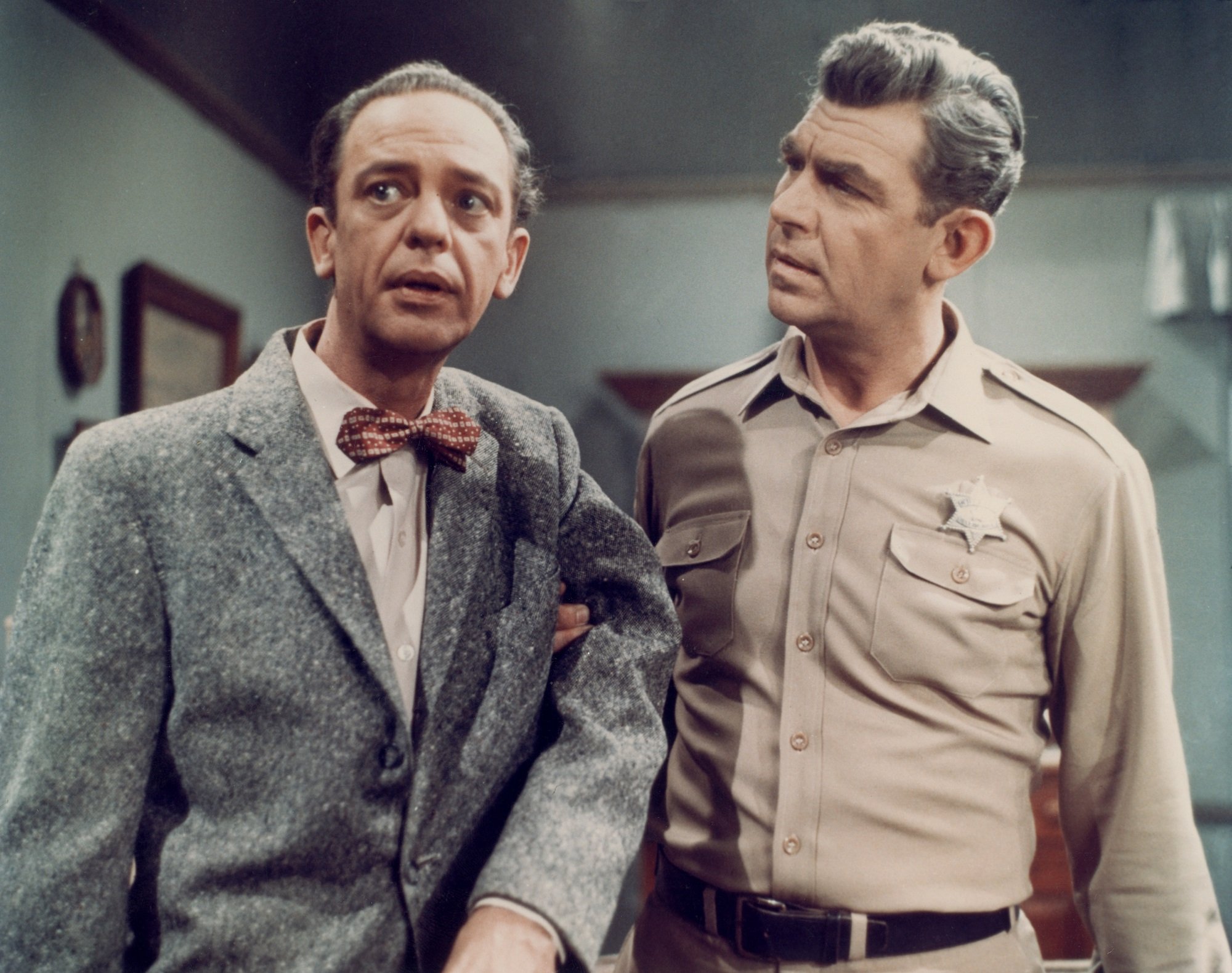
Sheriff Andy Taylor (played by Andy Griffith) lives and works in the town of Mayberry, North Carolina. Throughout its 249 episodes, which debuted in 1960 and went off the air in 1968, audiences got to watch Taylor’s day-to-day life navigating the slow-paced small-town life of Mayberry.
While every episode often had a villain to tackle or a problem to solve (Taylor was often chasing out-of-town criminals), a lot of the comedy revolved around his interactions with his deputy sheriff Barney Fife (Don Knotts), his son Opie (Ron Howard), and his aunt-cum-housekeeper Aunt Bee (Frances Bavier).
Ron Howard played the character Opie in the ‘Andy Griffith Show’
Viewers of The Andy Griffith Show meet Sheriff Taylor’s son Opie right from the start, with the sitcom’s opening montage showing the father-and-son pair on their way to go fishing. Many episodes centered on Opie’s relationship with his “Pa,” and the show uses the father-and-son pairing to explore life situations and morals.
In the end, Opie was a boyishly mischievous, yet truthful and honest, character, and that was often used to create funny or memorable scenes between Sheriff Taylor and his son.
Howard was only six years old when he was cast in this role. He was so young that he couldn’t read the TV show’s scripts. Instead, the other cast members would read him his lines, and the young Howard would try to memorize them by repeating the lines back to his castmates.
But just because he couldn’t read didn’t mean Howard wasn’t a very savvy, albeit very young, actor. And Griffith quickly recognized this and began to give Howard some surprising responsibilities on set.
Andy Griffith let the young Howard edit his character’s lines
At the beginning of The Andy Griffith Show‘s second season, Howard was going through his lines as he would always do. And because he was playing a character who was approximately the same age as himself in real life, Howard knew what sounded natural or unnatural for a boy to say to his dad and to his friends.
In an interview with the Los Angeles Times, Howard says that he offered a suggestion to Griffith and the rest of the show’s team, pointing out that with a few small tweaks, the current script would sound much more like what a child would actually say.
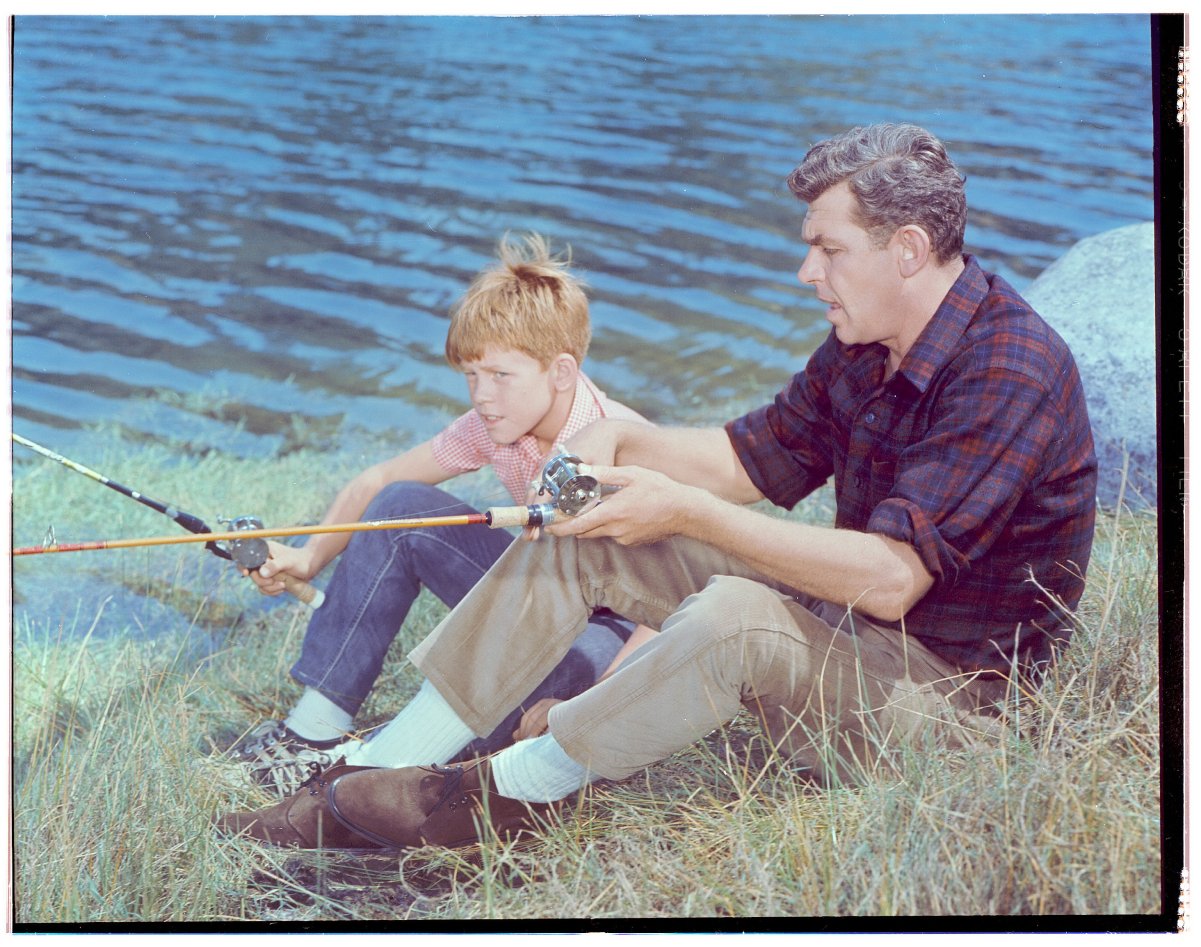
“I was just 7 years old,” reminisces Howard in the interview. “But my idea was accepted and I remember standing frozen, thrilled at what this moment represented to me.”
He recalls that Griffith asked him why he had such a big smile on his face, and the child actor shared that it was the first time Griffith and his colleagues had ever accepted one of his suggestions. Griffith memorably replied, saying “it was the first idea that was any damn good. Now let’s do the scene.”
Looking back, Howard says that making him feel included and so integral to the casting team was something that fills him with gratitude to this day.
